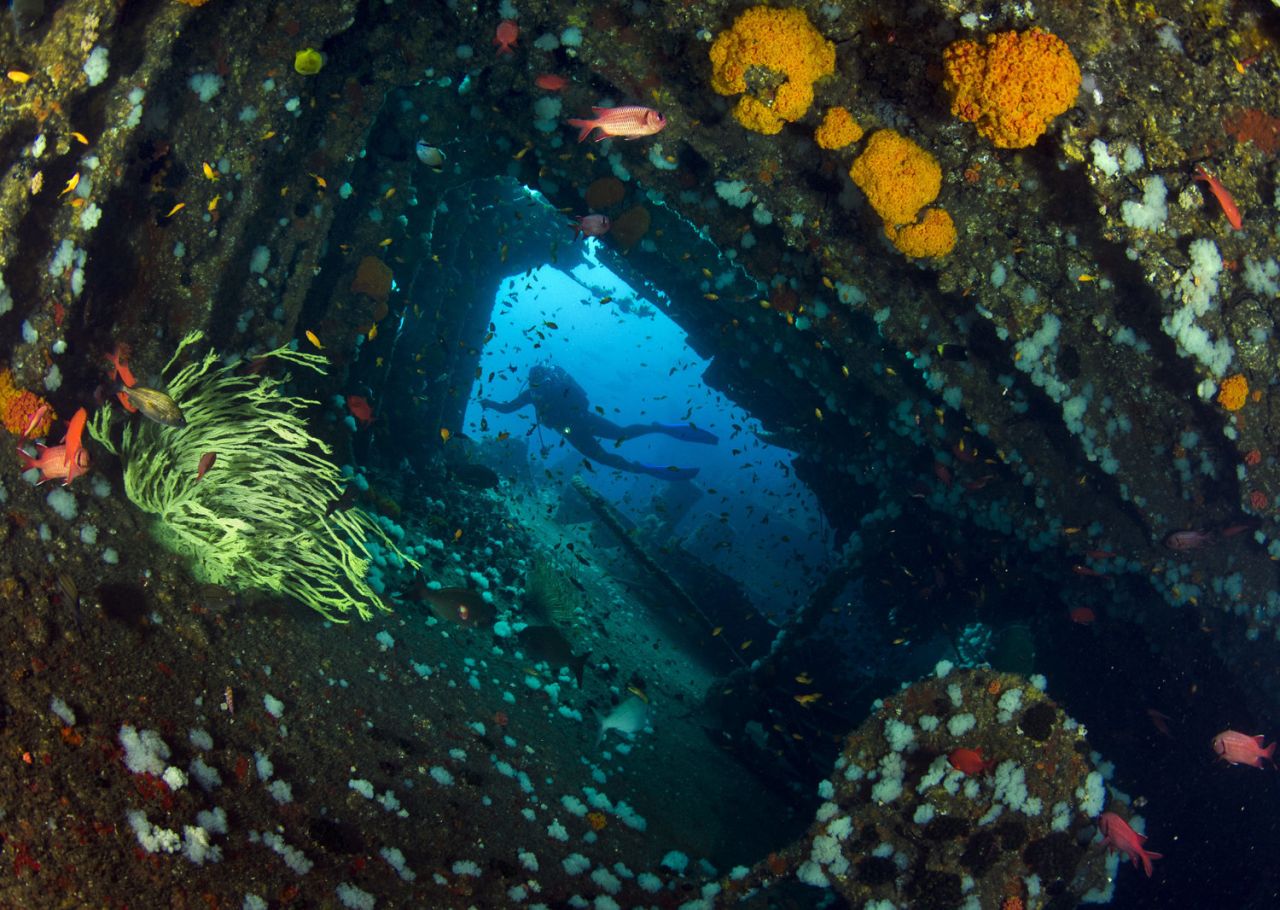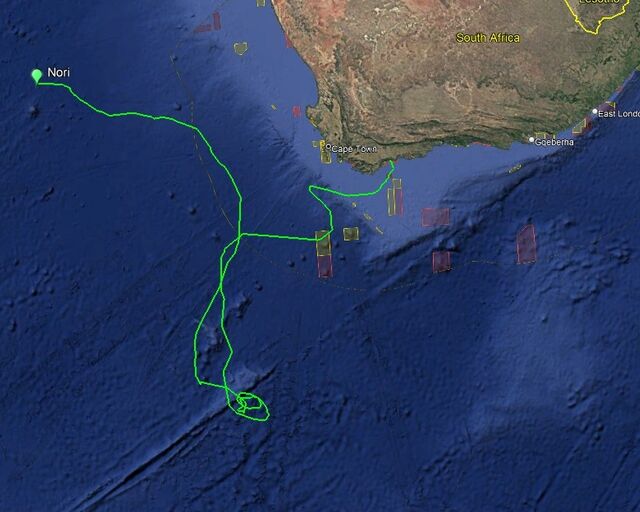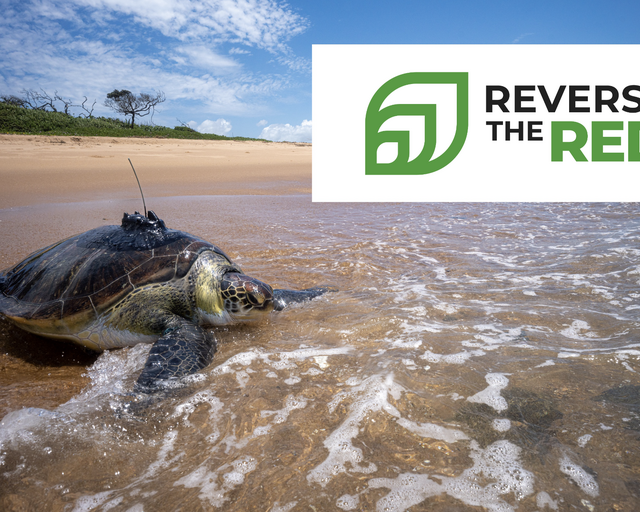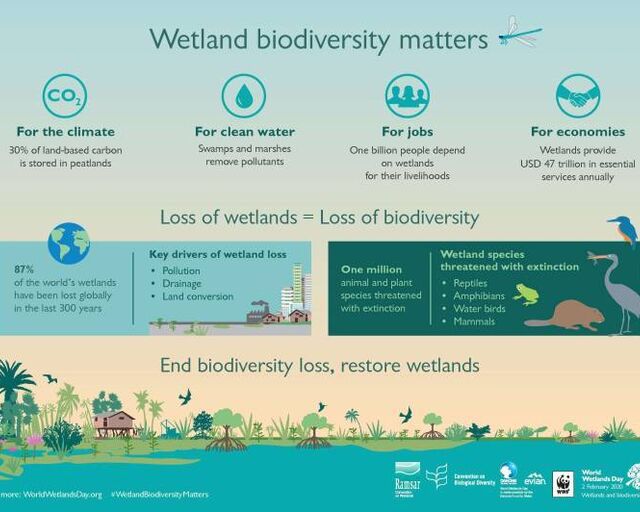Did you know that South Africa is the first country to have a dedicated Marine Protected Areas Day? On 1 August, South Africans celebrate a day dedicated to the conservation of critical ocean areas which allow marine life to thrive, reproduce and grow. South African has 42 Marine Protected Areas (MPAs), all of which protect crucial habitats for our diverse, unique and commercially important ocean species! On land, South Africa protects 7.8% of our area, whereas in the ocean, it’s only 5% of our territory.
“While many people are aware of the importance of terrestrial protected areas, such as nature reserves and game parks, few understand that the same level of protection can – and must – be afforded our ocean life as well,” explained Dr Judy Mann, Conservation Strategist at SAAMBR (South African Association for Marine Biological Research). “These are effectively the ‘Kruger National Parks of the oceans and an investment in our own future well-being.”
To highlight the important role MPAs play in the conservation of marine biodiversity, the consortium of South African organisations, passionate about the protection of marine life and people, have established MPA Day as a way to educate and inspire others about the proper management of these protected spaces and to draw attention to the benefits which MPAs provide. Here’s a look at some of the reasons to celebrate MPA Day on 1 August.
10 reasons to celebrate our MPAs:
1. MPAs protect biodiversity
MPAs protect a range of marine ecosystems which are home to rare or endangered species, as well as uniquely South African animals and plants that live nowhere else in the world. They protect critical nursery habitats for marine creatures and provide a space for resident fish species to increase in number and size, securing a vital food source for humans.
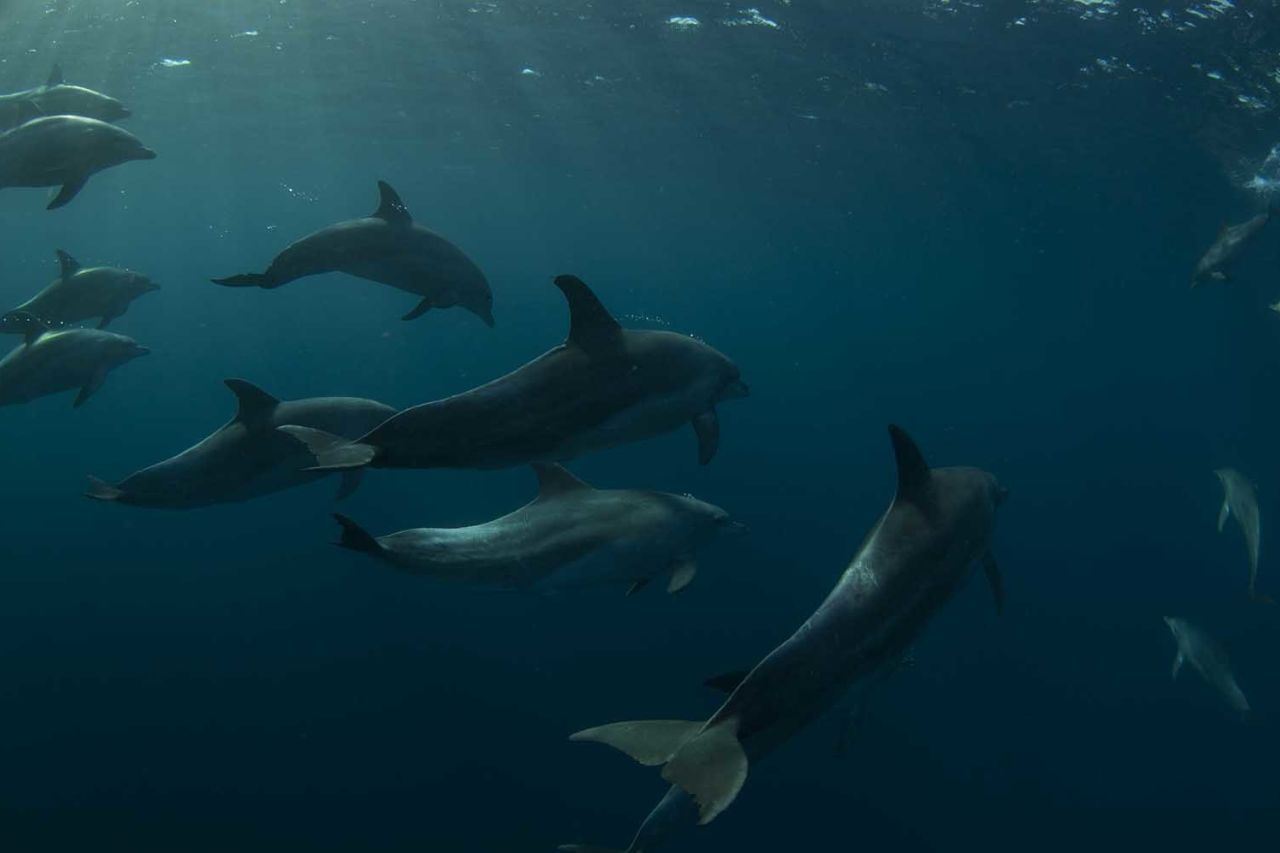
2. MPAs support the fishing industry
MPAs enable fish stocks to increase in size and abundance and, over time, these spill over into adjacent fished areas to improve catches for fisheries in a sustainable way.
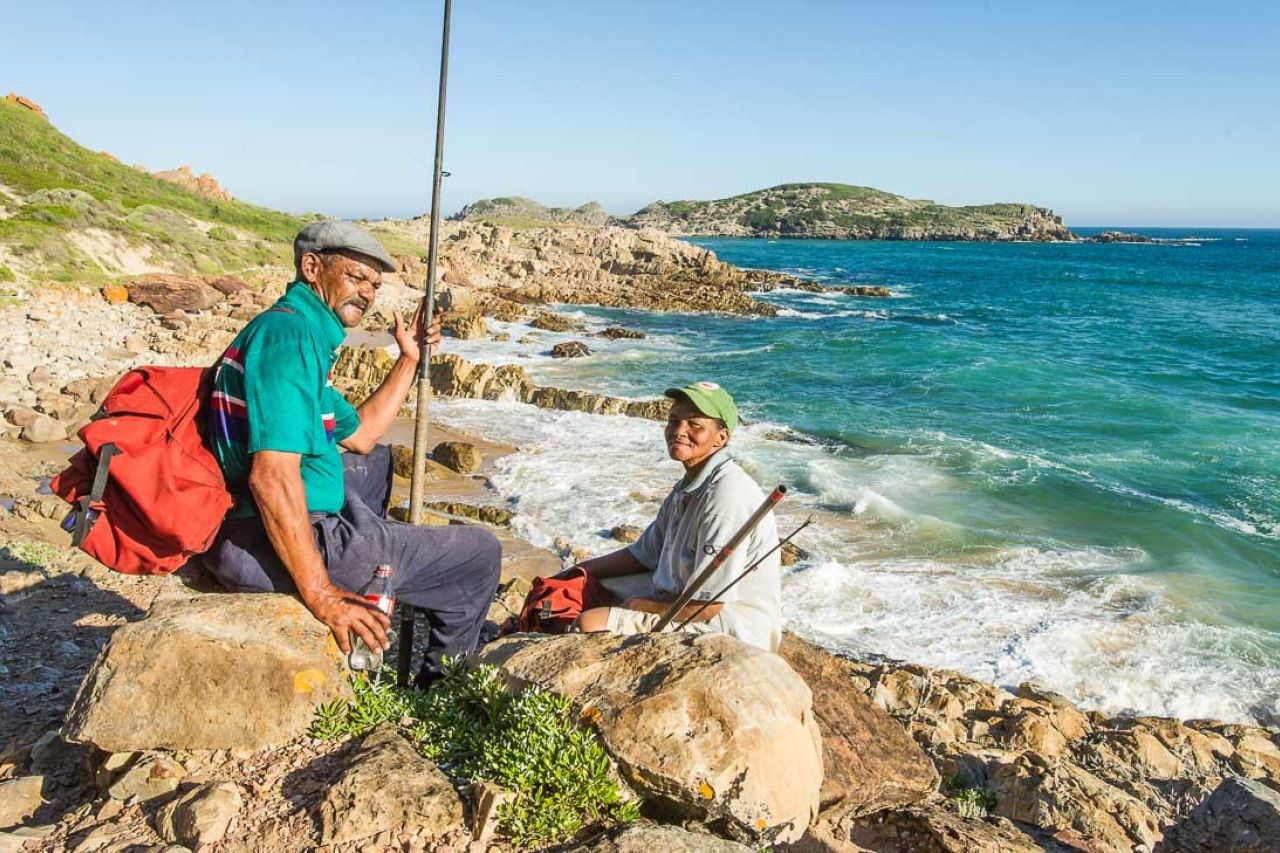
3. MPAs ensure healthy ocean animals
Through the establishment of MPAs, marine animals are genetically stronger and more diverse, which means they can better adapt to changes in the ocean.
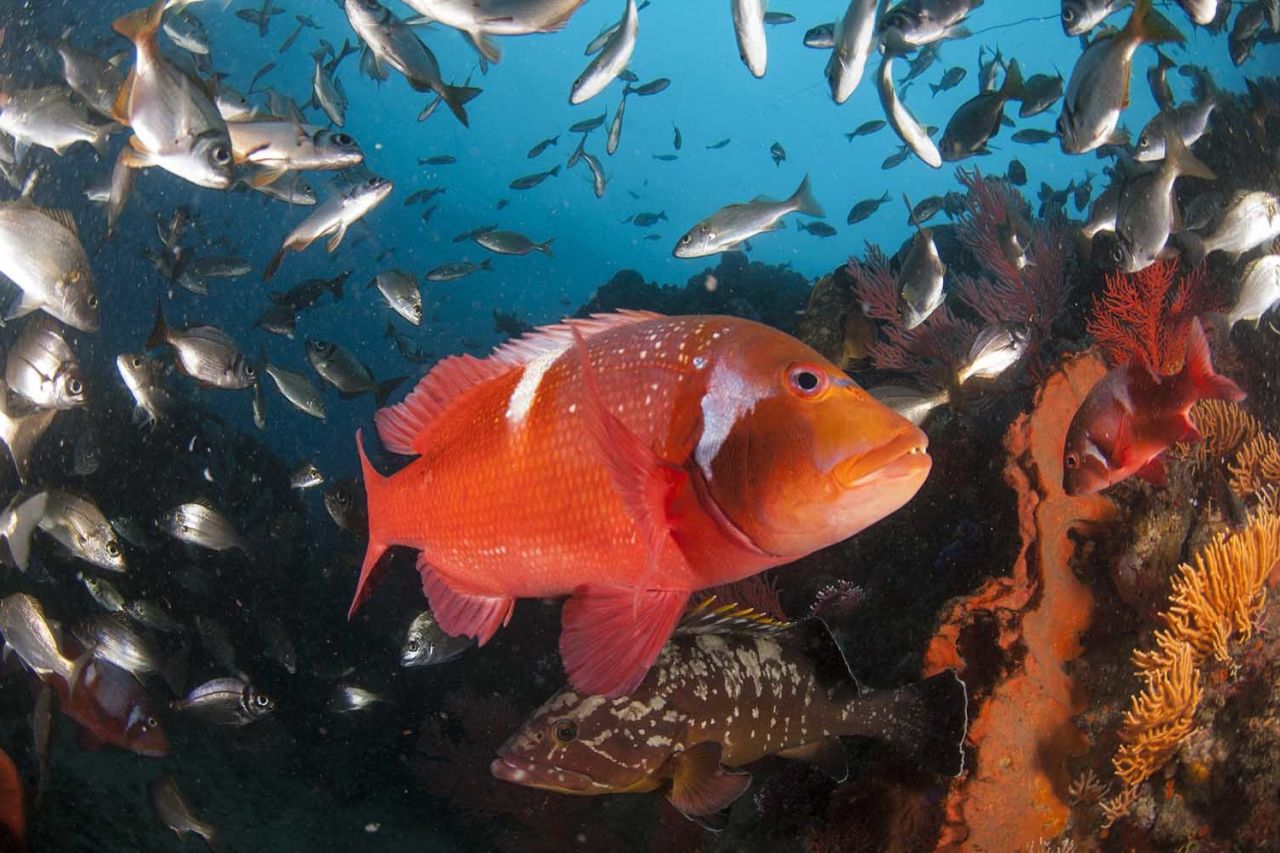
4. MPAs protect cultural heritage
The ocean is a revered space for cleansing, worship, inspiration and rejuvenation, and by protecting these spaces, traditional practices can continue, connecting present generations with cultural roots.

5. MPAs promote tourism
These areas are invaluable spaces for recreational activities, including snorkelling, scuba diving, whale watching and turtle nesting, among others. Some of the country’s MPAs are internationally renowned dive sites, attracting tourists to the region.
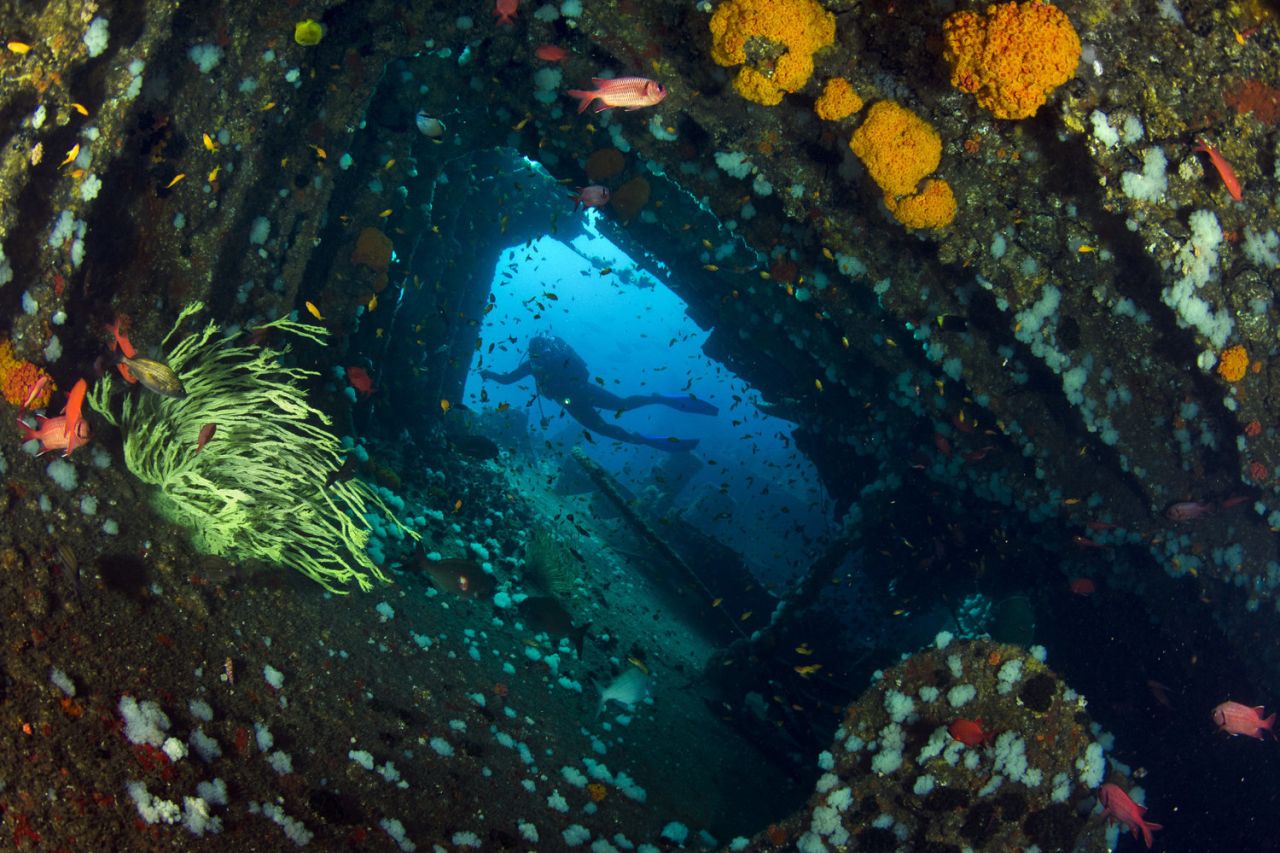
6. MPAs are outdoor classrooms
From pupils in foundation phase through to students at tertiary level, MPAs act as educational centres for learning in the environment, providing a direct connection to the natural world.
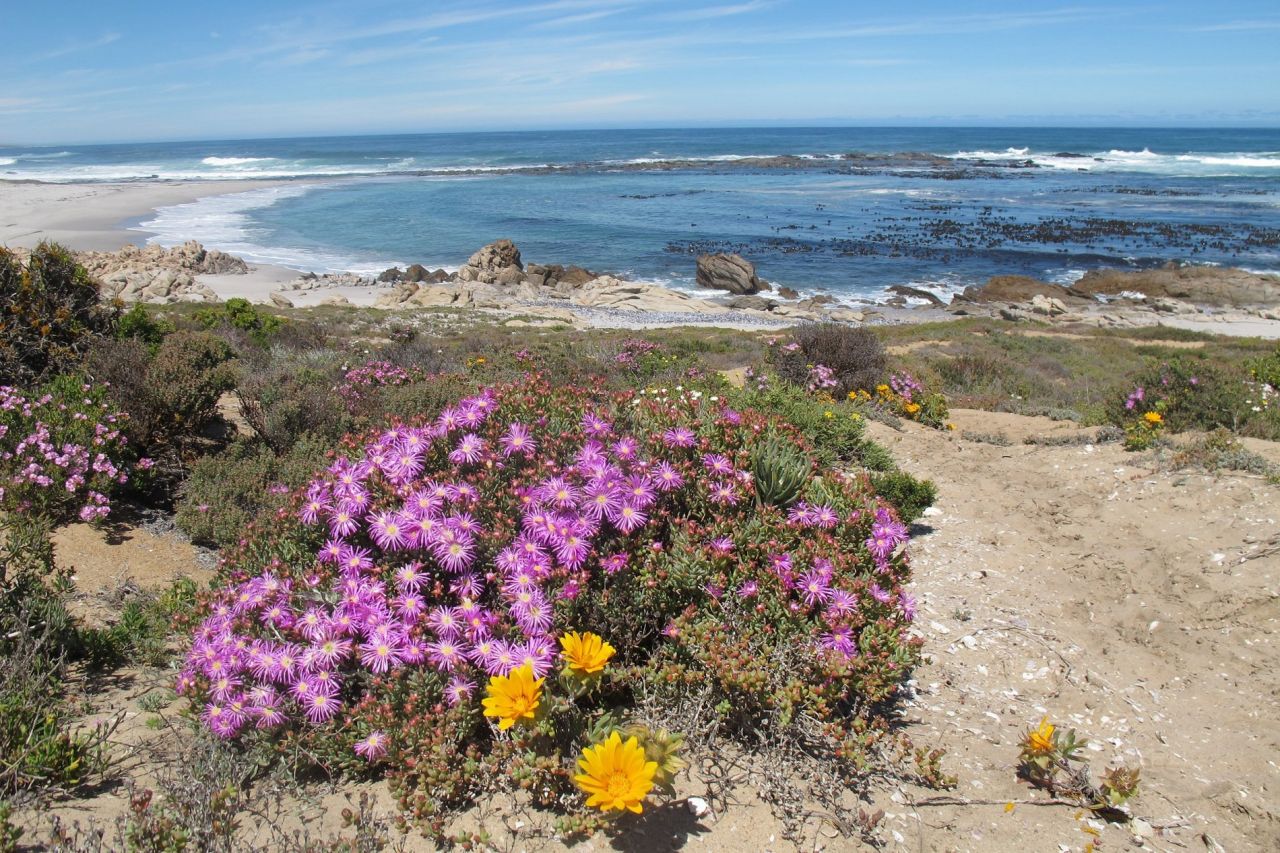
7. MPAs contribute to research
The pristine quality of these conservation areas gives an idea of what nature looks like when not impacted by humans, something that scientists call a "control". This forms a solid foundation for research into the natural world and necessary conservation techniques.
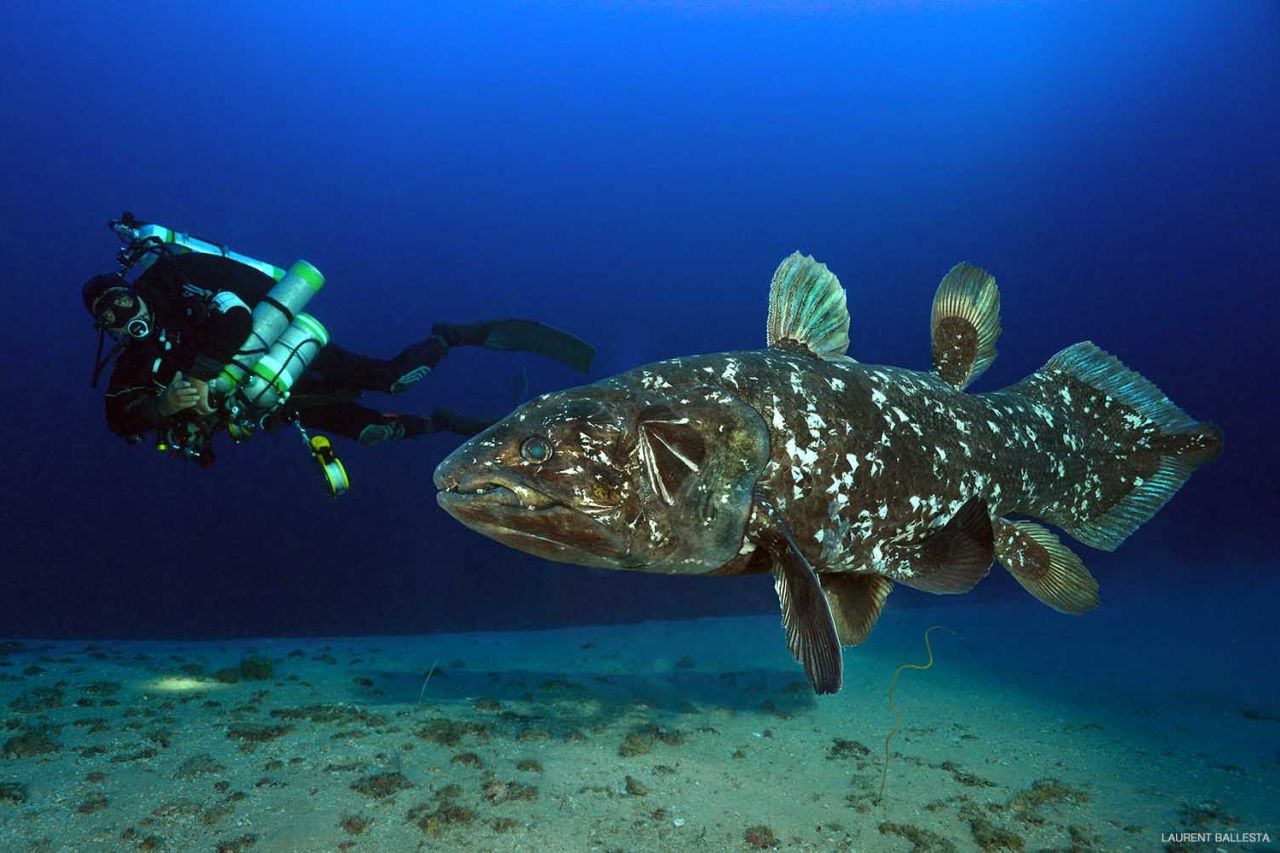
8. MPAs provide climate change protection
Healthy oceans absorb enormous amounts of carbon dioxide and are home to vegetation that produces oxygen, helping to buffer humans from the effects of climate change. They also protect coastal communities from the devastating effects of rising sea levels.
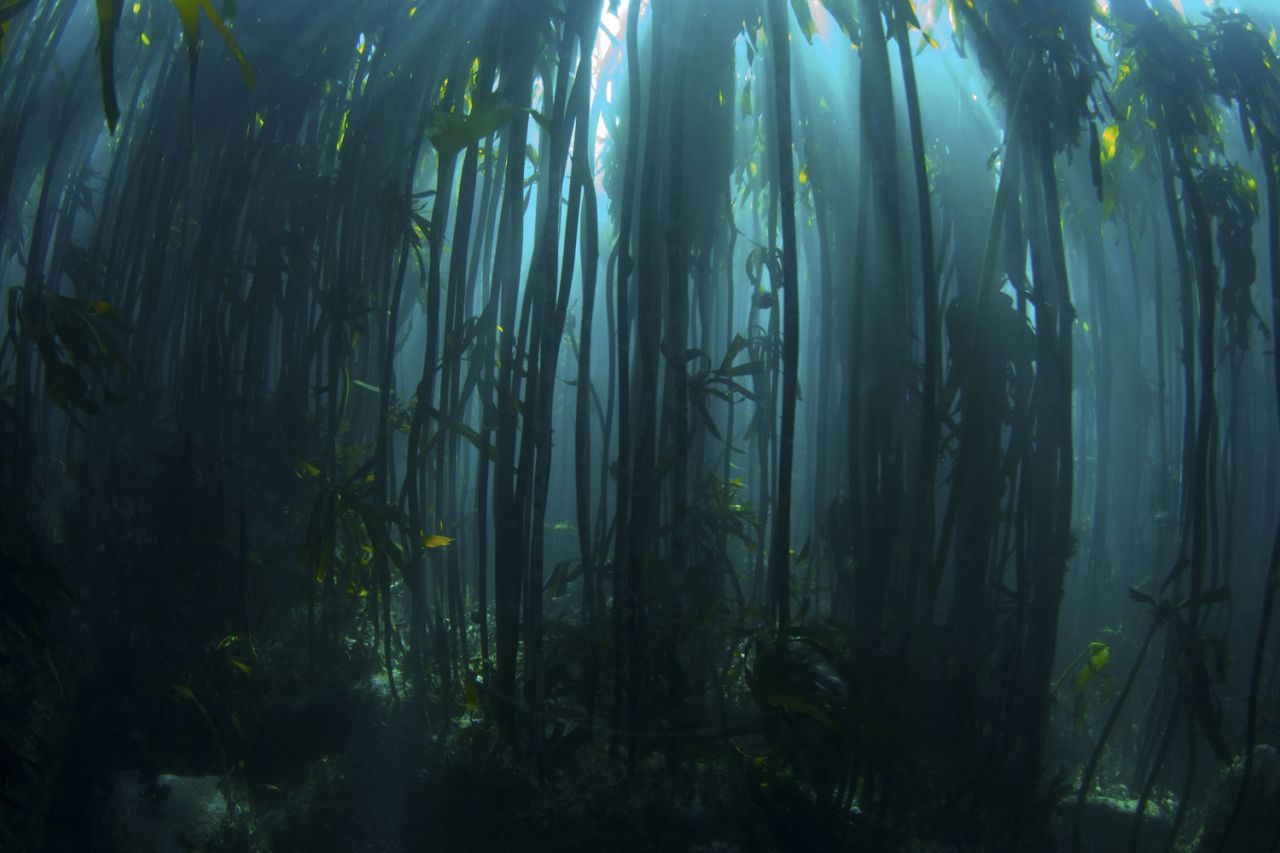
9. MPAs create jobs
The marine wildlife economy paves the way for sustainable job creation. The recreational benefits of MPAs – snorkelling, scuba diving and the like – provide employment in the tourism industry. The conservation side also creates jobs in the form of field rangers, park managers, hospitality and maintenance staff. The many jobs associated with fisheries also rely on healthy marine ecosystems.
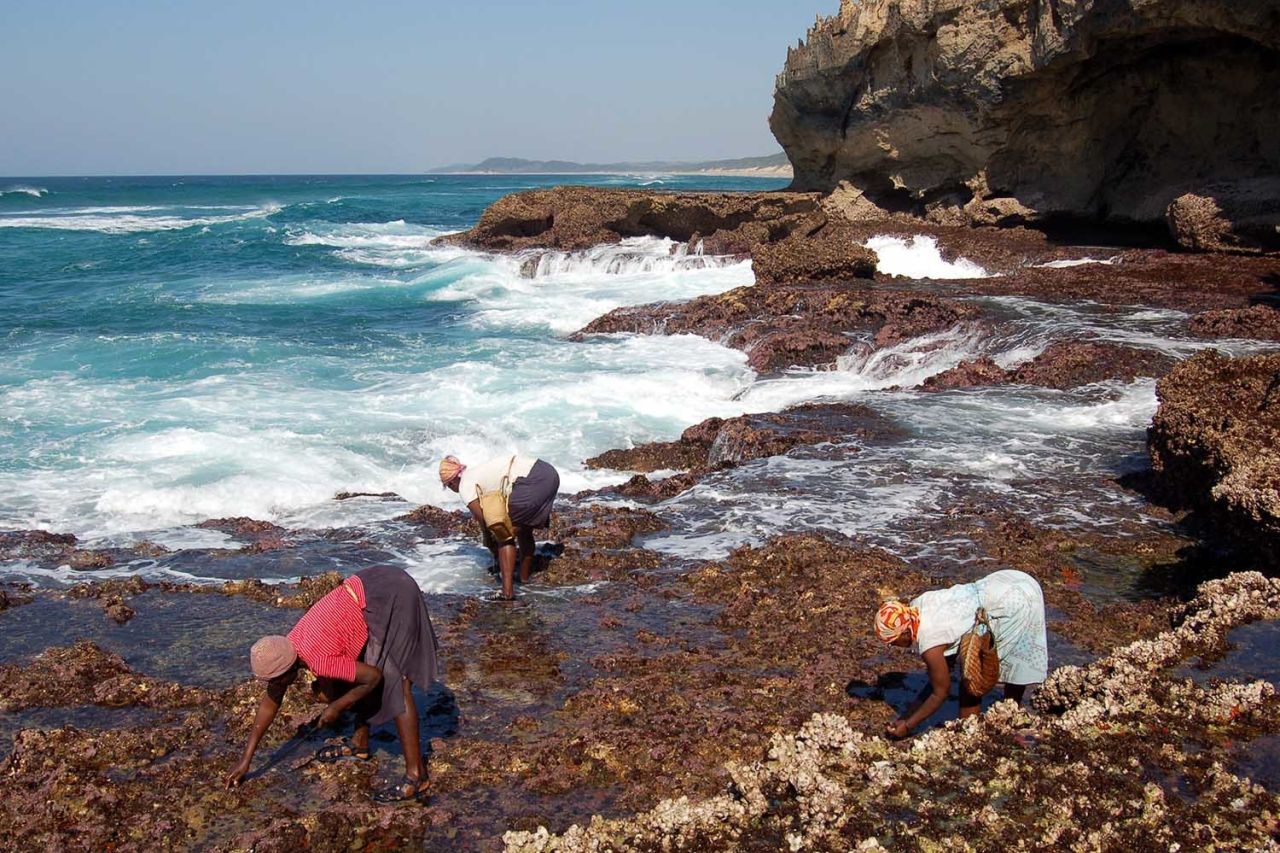
10. MPAs are medically useful
Marine-based animals use complex compounds to defend themselves, some of which can be extracted and used in the creation of drugs that may fight off viruses, bacteria and cancer cells.
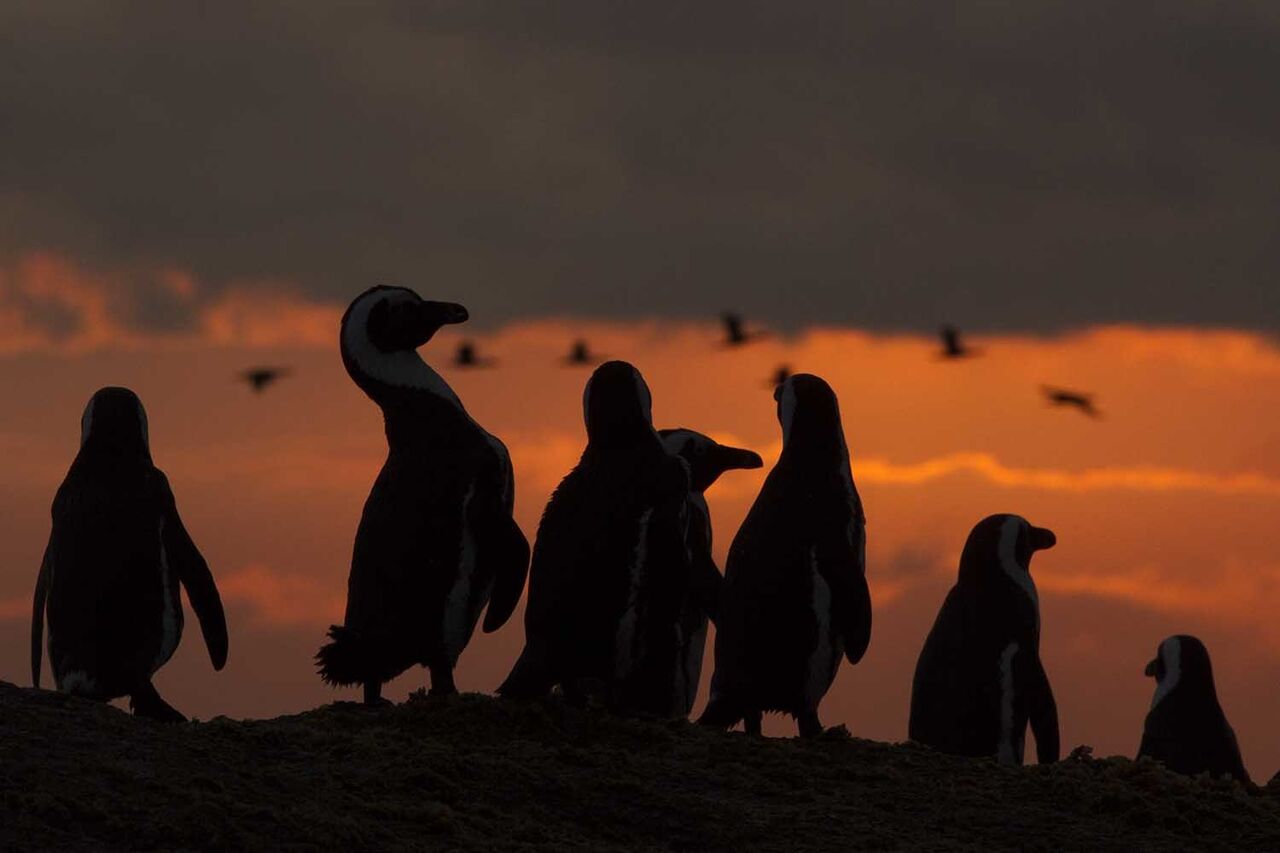
These 10 reasons to love our MPAs are just a tip of the iceberg - we're sure that you and your family have countless special memories and moments linked to South Africa's MPAs and the beautiful ecosystems they hold.
Do you have a favourite MPA? We'd love to see - tag us on Instagram!
